More often than not, buying brand new photography gear can be too expensive. It therefore makes complete sense when people opt for used photography gear, which isn't such a bad idea if you know what you are looking for. However, many people waste money on cameras which work fine until you bring them home. Hopefully this article will help you prevent that.
Photo by Kurayba
1. Do Your Research
First of all, when you are going to buy a certain camera as used or refurbished, do some research on it. Never buy impulsively or because you need it really bad. Research will give you certain valuable information. You need to search for common problems with the camera you are looking into. Every camera has its own common issues. Some have sticky sensors which attract dust, others have software errors which don't allow using certain lenses/flashes, and so on.
2. Test it Before Buying
Knowing the common problems will allow you to know what often goes wrong with that camera body and you'll know what to look for. Often you won't be able to notice certain issues from two or three frames, so it is good to negotiate some test period, maybe a day or two. Signed contract won't hurt, for protection if nothing more. The contract would state that you are getting the camera for 2 days while the seller keeps 50% of the sum that he asks as a collateral.
Photo by Andreas Øverland
3. Do a Thorough Visual Inspection
When you get to see it, the first thing to do is visually inspect the camera for mechanical damage. Stuff like bumps and scratches will indicate mechanical damage which of course drives the price down. After ascertaining what you see, shake the camera a bit, and listen if something rattles inside. If it does, something is wrong with that camera and you should probably look at a different one.
4. Try Your Own Lenses and Test Shoot for Dust or Hot Pixels
Next, attach one of your lenses (if you have any) and see if the mount works correctly. Sometimes when the camera falls down it hits on the lens and damages the mount, while the rest of the body looks brand new. If the mount is damaged, the lens won't sit correctly resulting in blurry images, light leaks, tilt-shift effects and so on. This should also result in you looking for a different camera. If your lens sits correctly on the slot, take few shots with it (since you know the sharpness and how your lens operates) and see if the image is sharp, if the focus works correctly and if the camera brings up any error codes on the screen.
Try everything, change aperture values, shutter speeds and so on. While you are at it, photograph white paper on high f-stop and see if there are any huge dust issues with the sensor, and then shoot a 30 second exposure at all ISOs and see if there are any hot pixels. Of course, there will be some fluctuation in the noise, but there shouldn't be anything radical, like full red or white pixel on black background.
Photo by 55Laney69
5. Check the Shutter Count
Another really important thing to check is the shutter count. But do that yourself since people can lie. If the shutter count is higher than 75.000 I wouldn't pay much for that camera. The shutter assembly has about 150.000 operations life on average, and if it fails it means that you'll need a professional to change that for you and it will often set you back for at least $100. Don't make a mistake and read the number on the files and take that as the shutter count. That can be reset since most camera brands have special software tools that can check the shutter count for you.
6. Check All the Buttons and Controls
Next up, check all the buttons. If some buttons are sticky or they need to be pressed harder than usual to operate, it means that they are dirty and/or damaged. If they are dirty, they can be cleaned of course, but if they are damaged there is no going back except for replacing them, which will cost you of course. Therefore, if buttons don't feel right, either look for a different camera or negotiate a lower price for that piece.
Photo by 600d
7. Check for Any Software Errors
Software errors. Mostly it is hardware malfunction which causes software errors. When you research the particular camera, look for the most common software errors which appear on that certain model. You'll need to read on what is actually causing them and then try to make them happen on the camera you are going to buy. If you can't make them happen without any hardcore effort (not to damage the camera in order to make them occur) then you are good to go.
8. Don't Forget to Inspect the Viewfinder
One last thing that you should check is the viewfinder. Make sure all the markings and display inside work and all the focusing lights are clearly visible. Focusing screen can be very easily damaged. On some models, if you clean it with cloth it can wipe the illuminating part of the paint and no more focusing lights for you. That is common with people that clean the camera improperly.
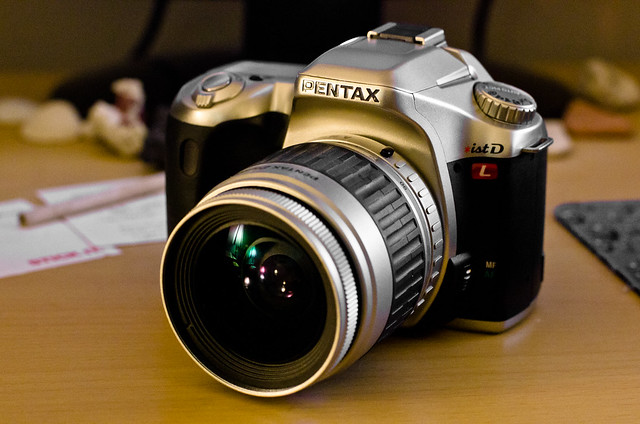
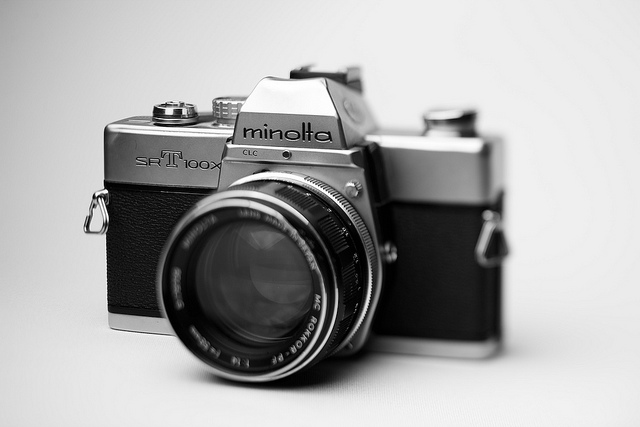
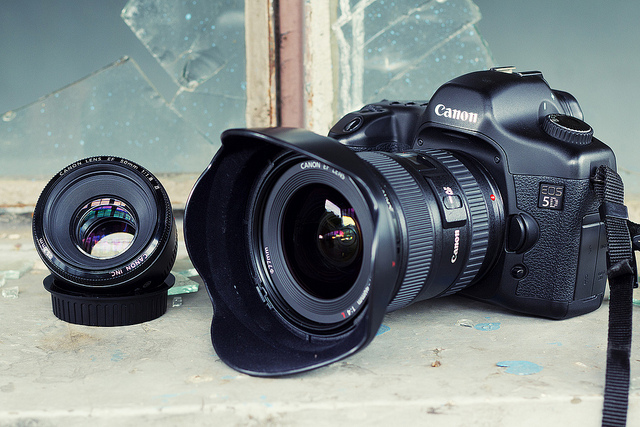
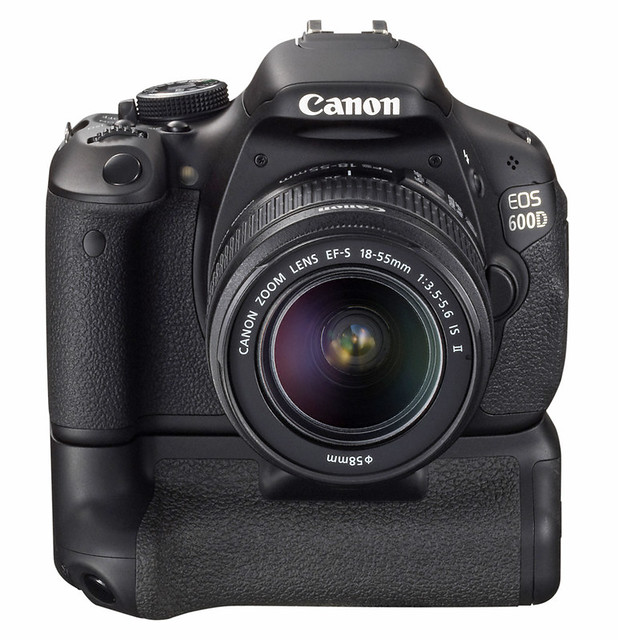

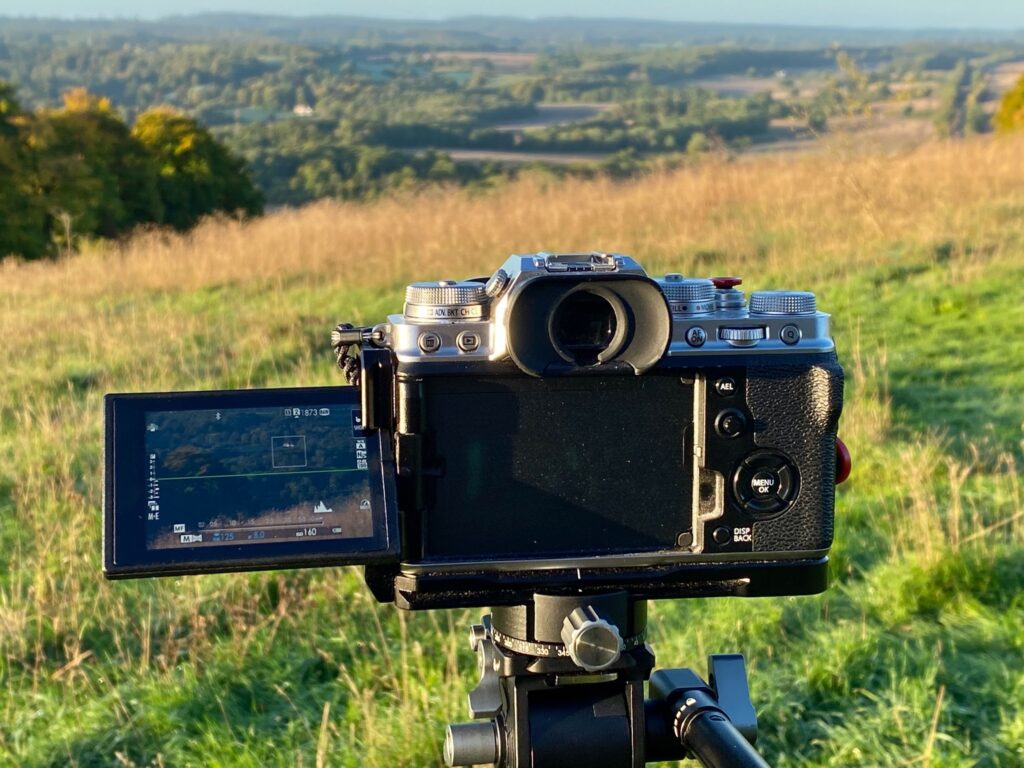
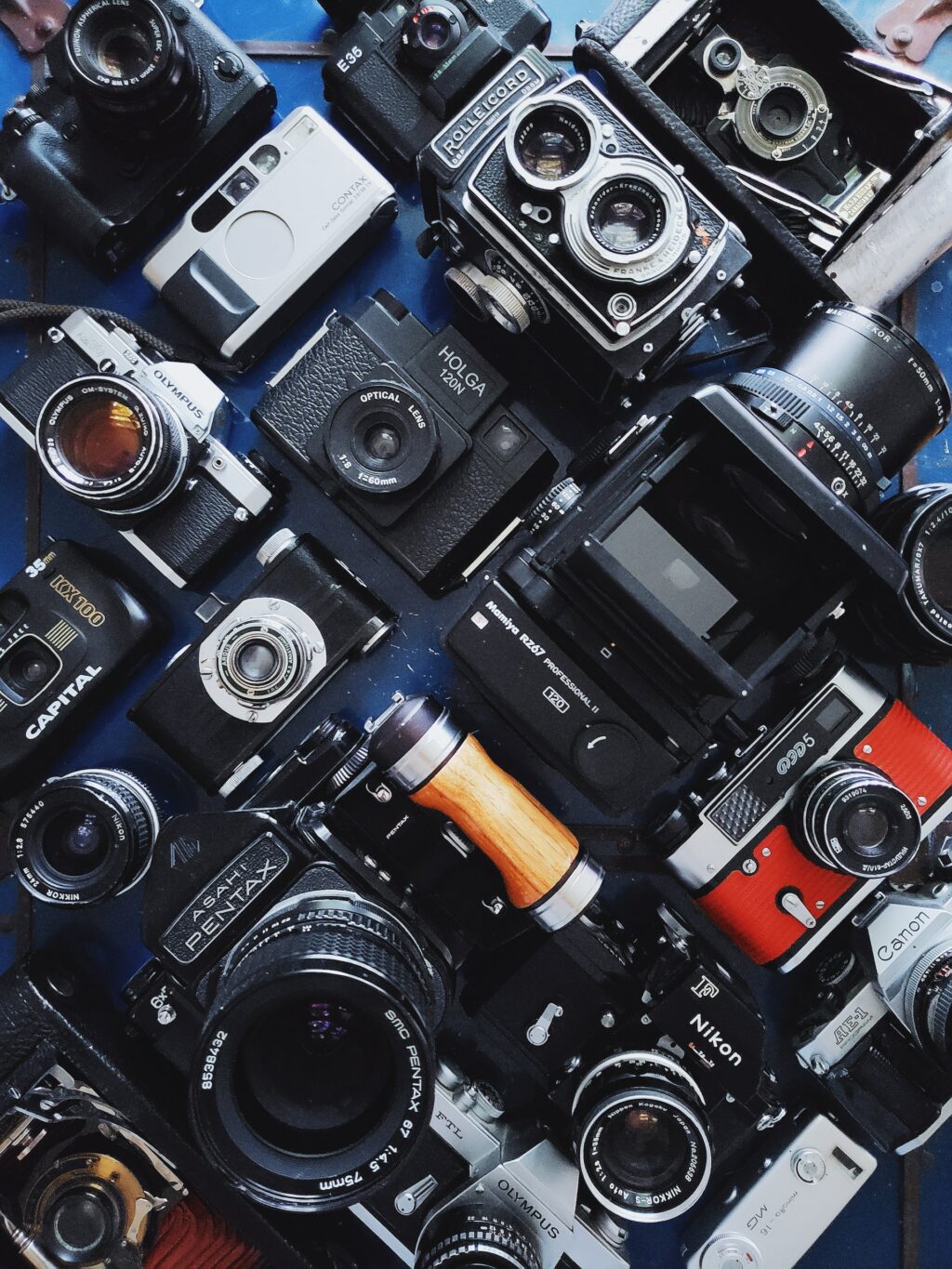
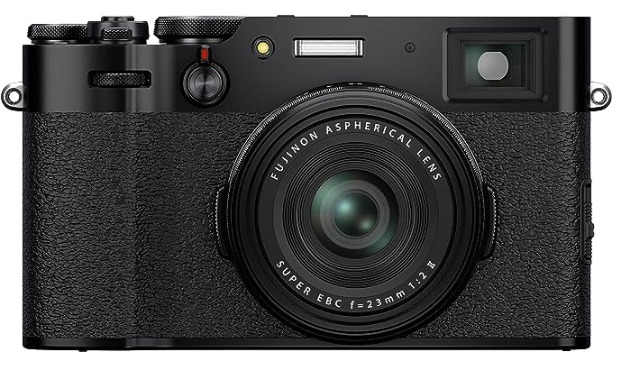
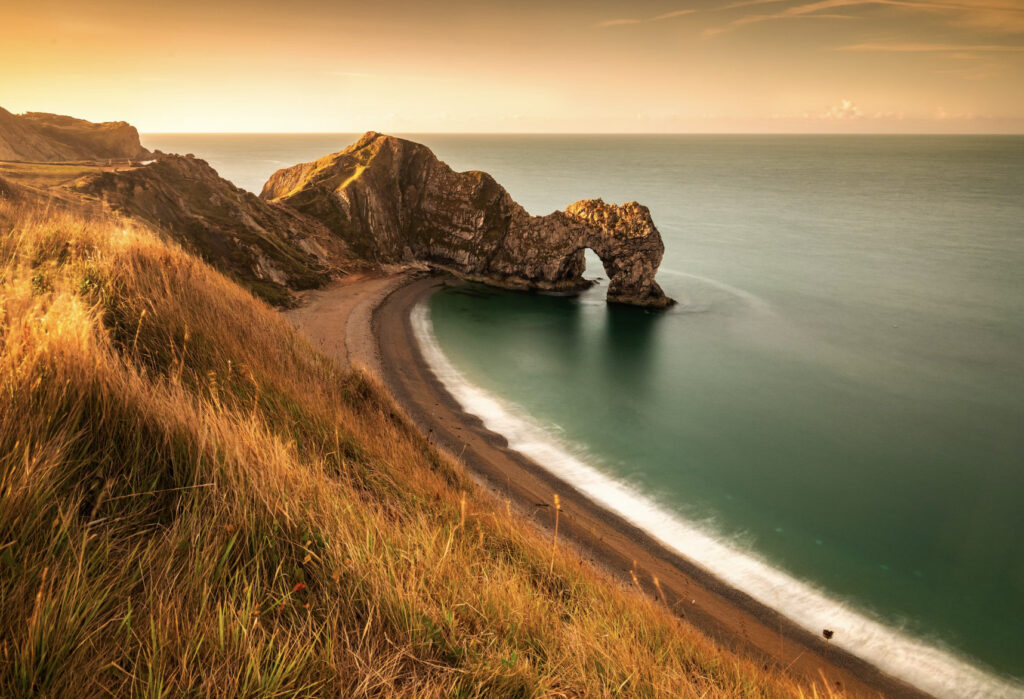
9 Comments
I’m an avid buyer of secondhand analog equipment and have very rarely had problems… except with a Yashica Electro, that has proved to be a complete nightmare.. shame, because its a great camera. I have never bought a secondhand digital camera, again with one exception, a Sony R1. Brilliant camera. I have been lucky.
My analog cameras are serviced by me, I don’t want to think what would happen if I uncased a digital camera…agghh! So I stay away from secondhand and save my money.
Around here secondhand transactions are unceremonious exchanges of cash for gear, often taking place at neutral locations, with both parties trying to make the deal as quickly as possible then get on with their lives.
Unless we’re talking about an established used camera retailer, I cannot imagine asking for a testing period, and especially not a contract. Conversely, if a buyer wanted such a deal, I would not entertain the thought unless it involved 100% up front. Too many people would “forget” about your agreement and take your functioning gear at the tremendous discount.
I don’t mind spending 20-30 minutes with a person when they’re inspecting my gear, but I have little patience for pixel-peeper types who want to run home to their monitors and get back to me later; there are plenty of other buyers who are not so high-maintenance. Whenever I sell something I make a link to my Flickr pages with the images I made with the equipment in question, so that the buyer can see the tiny mote of dust that might be in the lens does not affect real-world IQ.
“but there shouldn’t be anything radical, like full red or white pixel on black background.”
Ummm what the??? I would bet thee isnt a DSLR out there tha doesnt have a few dead red cells??
Buying used equipment is not such a painful and trying experience if you buy from a long-established dealer who carefully inspects the gear and gives a warranty. Yes, you pay more than buying privately, but you get peace of mind. Best plce I’ve ever dealt with is Grays of Westminster. 12 months unconditional guarantee on everything used they sell. I bought a Nikon 85mm f1.8 H auto lens for my Nikon F last year. That lens was made in 1967 when it was sold new with 12 months warranty.
Ffordes of Inverness give 6 months, Campkins of Cambridge 3 months. Bought a black Nikon F from them last May for £300, that was made in 1972. It worked fine for 42 years, methinks it will still work when I pop-off!
Selling? Why sell? What is wrong with the gear you have got? Use it and carry on using it. Dealers will give you sod-all for it and point out even the most microscopic marks/scratches! No, selling is for mugs. If you need a different lens, buy it. Meter packs up on your manual exposure camera such as a Nikon F/F2 or Canon F1 etc, buy a light meter and use thatAutomatic, battery-dependent cameras? You should not be using these. Digital? The camera you have is a digital one. Just have your negatives scanned onto a disc at the processors. I do, even my Leica 111 made in 1935 is a digital camera!
I still think the classic Canon 5D is a great buy, even today. The D700 is not too shabby either, but its almost twice the price of a used 5D. Great FF camera, pair it with a prime L and you’re talking big boy stuff 🙂
I love to read a companion article about selling used camera gear AND about maintaining your gear for eventual sale.
Well Sam, I’ll try to make one soon. Thank you for the idea.
Cheers!
All my cameras are 2nd hand and before I purchased them I asked the seller a billion questions and if I have any doubt or the seller knows bugger all about what they are selling I won’t buy the item. I been lucky so far . I buy new lenses tho
One thing I’d like to suggest is to find out of the seller is a smoker. I bought a used Canon 7D, on-line from a forum I’ve purchased a lot of used gear from, and it never occurred to me to ask. When it arrived as soon as I opened the box it smelled like an ashtray. When I first put the camera to my eye I wanted to puke the smell was so bad. Fortunately the camera worked just fine, and after a couple of months the smell was gone. Lesson learned.